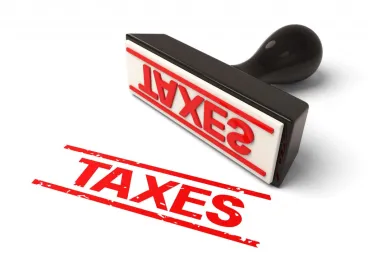President-Elect Donald Trump’s new administration is likely to work with congressional Republicans to pursue significant changes to the Internal Revenue Code (IRC). During the campaign, Mr. Trump’s tax proposals focused primarily on
-
reducing the maximum corporate tax rate to 15%,
-
eliminating the alternative minimum tax, and
-
simplifying individual tax brackets from seven to three and lowering the maximum rate.
If enacted, these proposals could materially affect the design of executive compensation programs.
Reduced Corporate Tax Rate
If corporate rates decrease, businesses may be less concerned about tax deductions for compensation because the value of a tax deduction would be reduced. Companies might use the performance-based compensation exemption of IRC Section 162(m) less frequently, leading to more flexibility in how performance-based compensation arrangements are structured. There would be less need for objective, predetermined performance targets, which are often driven by Section 162(m) compliance.
Elimination of Alternative Minimum Tax
Incentive stock options (ISOs) may make a comeback if the alternative minimum tax is eliminated and tax deductions are less valuable. With ISOs, the gain between the grant date and the exercise date may be taxed as capital gain. By contrast, the gain on nonqualified stock options is taxed at ordinary income rates. Despite the more favorable tax treatment for employees, ISOs have fallen out of favor because many employees lose any tax benefit when an ISO gain is subjected to the alternative minimum tax, and a company generally loses a tax deduction on ISOs. If the alternative minimum tax is eliminated and corporate tax rates are reduced, we may see a resurgence of ISO use to motivate employees.
Deferred Compensation and Lower Maximum Rates
Given the political focus on tax reform, the use of deferred compensation could be significantly affected. Lower current income tax rates would make deferred compensation less attractive, especially if there is concern about tax increases in future years. Employees and directors who make deferral elections with respect to 2017 compensation will have to determine whether they think 2017 tax rates will be lower than the tax rates in a future payment year and balance that rate differential against the value of tax deferral.
As the new administration takes shape, we will continue to monitor the potential effect of tax reform proposals on executive compensation.




 />i
/>i

